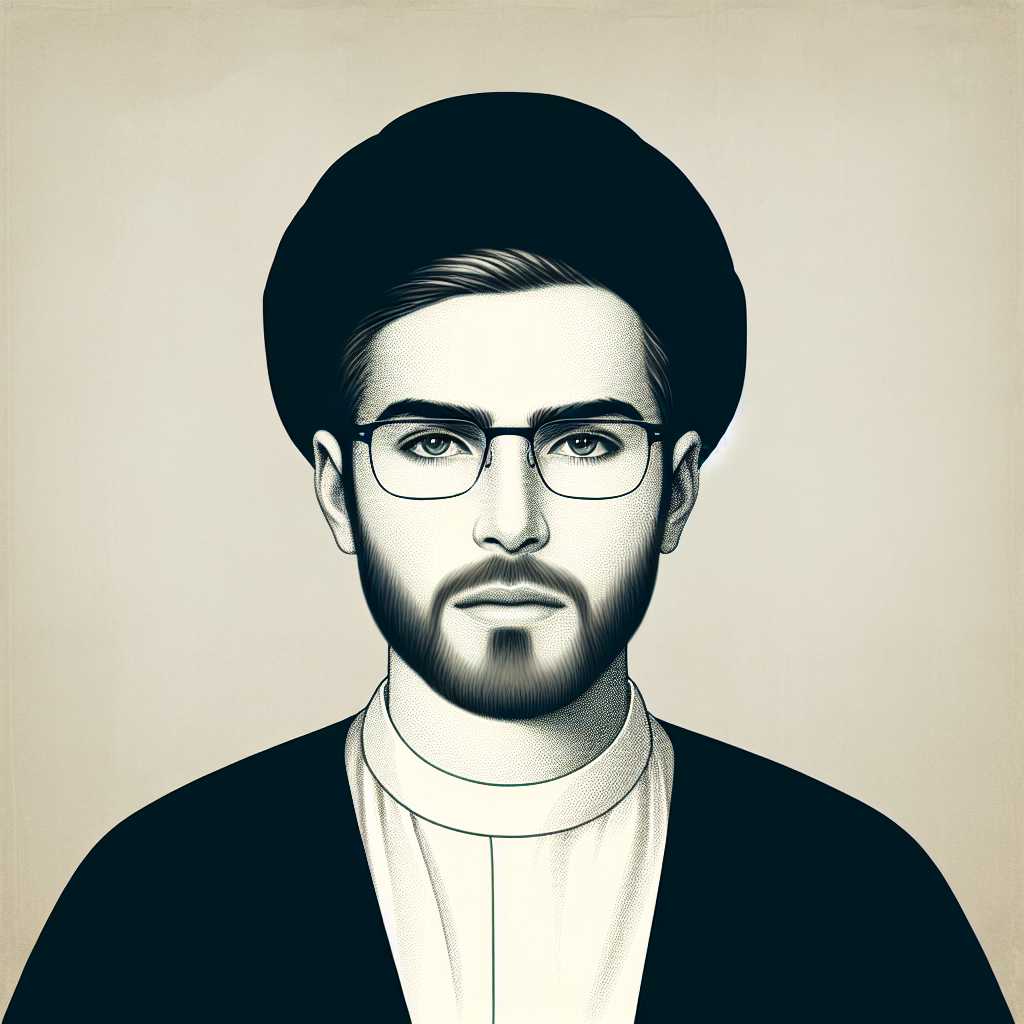Understanding Hassan Nasrallah: Leader of Hezbollah
Hassan Nasrallah, the Secretary-General of Hezbollah, stands as one of the controversial and influential figures in the complex political landscape of the Middle East. His leadership of the Lebanon-based Shiite Islamist militant group and political party has garnered both condemnation and support from various factions across the world, highlighting the deep-seated religious, political, and social divides in the region.
Early Life and Rise to Power
Born on August 31, 1960, in Bourj Hammoud, a suburb of Beirut, Hassan Nasrallah was influenced by the political and religious environment of his time. Growing up amidst civil strife in Lebanon, Nasrallah’s early experiences shaped his worldview and his commitment to Shiite Islam.
Entering religious studies at an early age, Nasrallah was deeply affected by the Islamic revival during the 1970s and 1980s. His alignment with Shiite values eventually led him to join Hezbollah — an organization formed in 1982 out of civil unrest and strife, including the Israeli occupation of southern Lebanon. Nasrallah’s charisma and leadership skills helped him rapidly ascend through the ranks.
After Israel assassinated Abbas al-Musawi, Hezbollah’s leader in 1992, Nasrallah was chosen as his successor. Under his guidance, Hezbollah continued its military activities against Israel while also strengthening its social services and political presence within Lebanon.
Hezbollah Under Nasrallah’s Leadership
Throughout his tenure, Nasrallah has overseen Hezbollah’s operations which range from guerrilla warfare against Israel to the provision of social services such as hospitals and schools. Under his leadership, Hezbollah’s military wing fought Israel to a stalemate in 2000, leading Israel to withdraw from Lebanon after 18 years of occupation. The 2006 Lebanon War further cemented Nasrallah’s standing in both Hezbollah and the broader Arab world as a powerful resistance leader.
While viewed as a heroic defender by many Shiites in Lebanon and across the Middle East, to others — including many Western nations, Israel, and Sunni Arab governments — Nasrallah is seen as a destabilizing agent backed by Iran who continues to contribute to regional insecurity through his militant activities.
The Political Influence of Nasrallah in Lebanon
Nasrallah’s impact extends beyond military affairs into politics. Hezbollah operates within Lebanon’s confessional political system which allocates power based on religious affiliation. The party has been involved politically since 1992 and has been an important player in Lebanese governance despite numerous conflicts.
Its position derived from extensive grassroots support among Lebanon’s Shiite population allows it unusual leverage as both a state actor and non-state militant entity. Under Nasrallah’s stewardship, Hezbollah has shaped local politics and influenced broader regional dynamics by aligning itself with other Shiite groups and with Iran intensifying sectarian divides in an already fragmented region.
International Relations and Sanctions
Nasrallah’s leadership has also made him the face of Hezbollah in international relations where he incites mixed emotions. Various nations label Hezbollah as a terrorist organization due to their armed activities, while others differentiate between its military and political wings.
International sanctions against Hezbollah have intensified under Nasrallah’s charge. These sanctions aim to cripple its financing and arms transfer capabilities — measures which affect Lebanon’s already frail economy heavily reliant on diaspora remittances which sometimes pass through channels that are controlled or influenced by Hezbollah.
Present-Day Challenges
Currently, Nasrallah grapples with numerous challenges including growing economic hardships within Lebanon that stress on Hezbollah’s ability to continue its extensive social service networks. Tensions within the region remain high with regular escalations involving Syria, Israel, Iran, and various proxy groups representing Sunni or Shiite interests. These challenges are compounded by global pressures demanding stability in a volatile region stretching from Iran through various conflict zones to Mediterranean shores.
Notes
– Hassan Nasrallah was born on August 31, 1960.
– He became Secretary-General of Hezbollah after Israel assassinated Abbas al-Musawi in 1992.
– Nasrallah is both lauded for resistance against Israel and seen as a threat by many Western nations.
– Hezbollah under Nasrallah involves itself extensively in both militant actions and Lebanese politics.
– Due to its designated status as a terrorist organization by some countries, international sanctions have targeted variable activities associated with Hezbollah.
